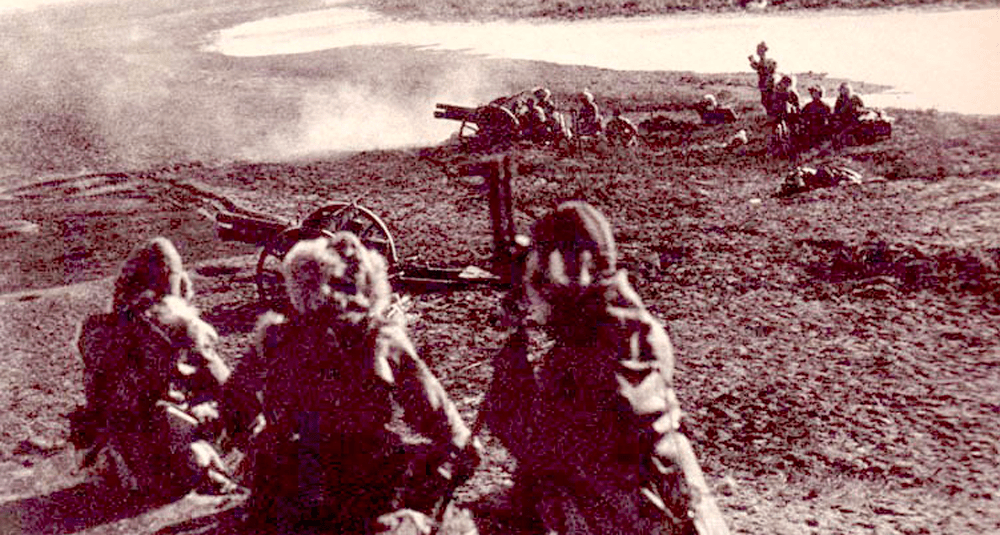When did the Japanese Guandong Army invade Manchuria?
Last Updated:
The Japanese Guandong army’s invasion of Manchuria in 1931 took place against a complex historical backdrop of regional rivalries, economic interests and imperialist ambitions. At the time, Japan was experiencing rapid population growth, sustained industrialization and growing dependence on foreign raw materials. It saw Manchuria as a strategic region, rich in natural resources such as coal, iron and soybeans, and with an already well-developed rail network. These assets represented a unique opportunity for Tokyo to strengthen its economic and military power in East Asia.
Prior to the invasion, Japan’s presence in Manchuria was based on a history of concessions and influence. Since Japan’s victory over Russia in 1905, control of the East China Railway and the southern area of the Manchurian Railway had already given Tokyo considerable power over the region.
The Guandong Army, named after the Japanese-influenced Guandong region, was officially charged with protecting Japan’s economic and security interests. Over time, however, it became increasingly independent in its actions, partly escaping the control of the Japanese civilian government, whose diplomatic and military choices were sometimes more cautious.
The key date in this expansion was September 18, 1931. This event, known as the Mukden incident, was the pretext used by the Guandong army to launch its offensive against China. Japanese officers staged a minor sabotage of the South Manchurian railroad, attributing it to Chinese troops.
This ploy enabled them to justify the military intervention that immediately followed. Within a few months, the entire region was under Japanese domination, taking advantage of the lack of organization and political weakness of the Chinese government, divided between various military factions and unable to fight back effectively.
The invasion of Manchuria in 1931 had far-reaching repercussions. Locally, the Chinese population suffered an occupation that led to the creation of the puppet state of Manchukuo in 1932. This state, theoretically independent but in reality entirely controlled by Japan, served as a rear base for Japanese imperial ambitions.
Under the leadership of Puyi, the former emperor of China, who came to power as nominal ruler, Manchukuo was never more than an instrument of Japanese expansionism. This occupation had a considerable impact on local communities, who had to adapt to a new administration, a policy of agricultural and industrial colonization and constant repression of opponents.
Internationally, the invasion of Manchuria marked a turning point in relations between Japan and the Western powers, as well as with the League of Nations (League). China, seeking diplomatic support, lodged a complaint with the League of Nations, which sent out a commission of inquiry (Lytton Commission).
The Lytton Commission recognized Japanese aggression, but the absence of a vigorous, unified reaction from the international community allowed Japan to pursue its imperial ambitions without immediate hindrance. On the contrary, Tokyo’s contempt for international criticism and its withdrawal from the League of Nations in 1933 sent out a worrying signal. It showed other revisionist powers, such as Nazi Germany, that it was possible to defy the world order without incurring immediate and severe sanctions.
The year 1931 represented a turning point not only in the history of Manchuria, but also in that of Asia and the world. The invasion of Guandong by the Japanese army marked the beginning of Japan’s aggressive expansionism, foreshadowing the tragedy of the Second World War in Asia.
This episode illustrates the mechanisms of imperialism, international rivalries and the limits of interwar diplomacy, while highlighting the vulnerability of resource-rich regions to the conquering ambitions of the great powers.
history

When did the Japanese Guandong Army invade Manchuria?
Answer
It was in 1931 that the Japanese Guandong army invaded Manchuria, a key event with major historical consequences.